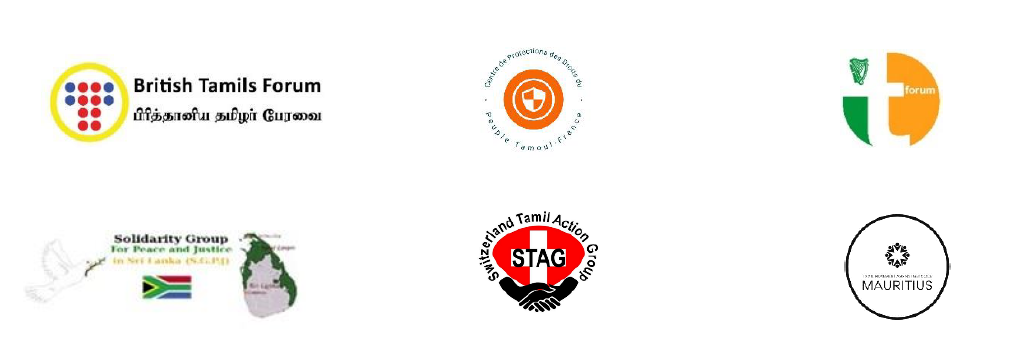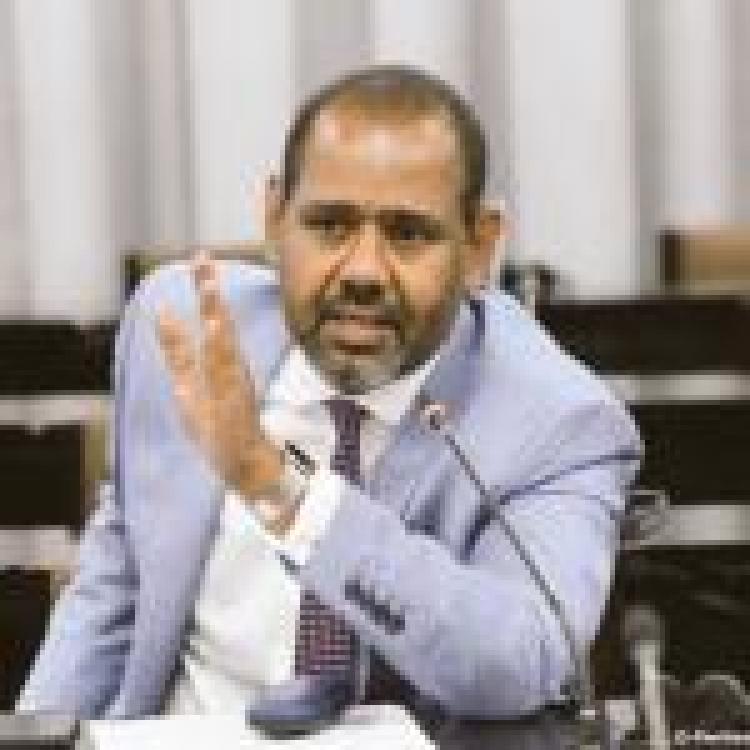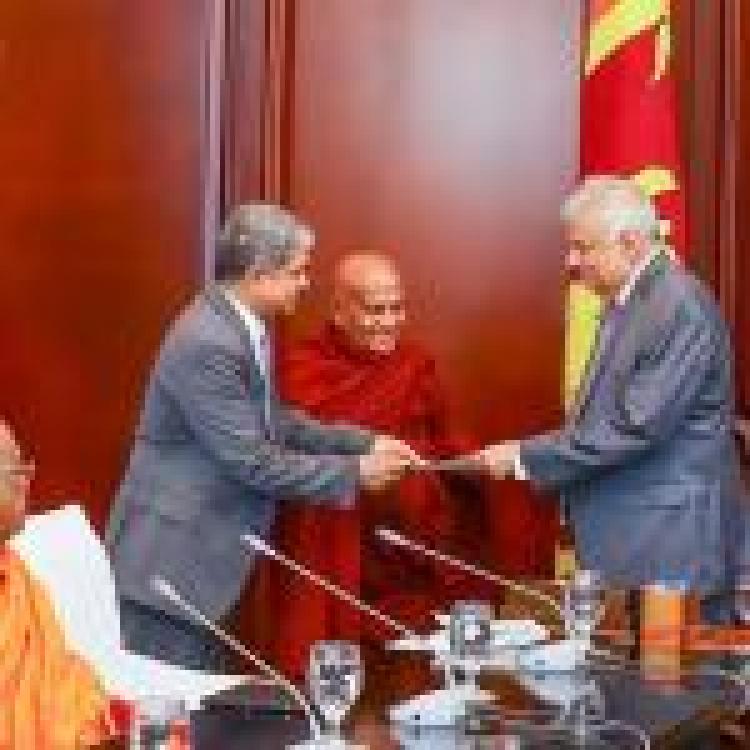
More Tamil diaspora organisations have spoken out against a declaration signed by the Global Tamil Forum (GTF) and Sinhala Buddhist clergy, stating it gives Sri Lankan president Ranil Wickremesinghe an “opportunity to hoodwink the international community”, as backlash continues to grow this week.
The GTF had met with Wickremsinghe in Colombo last week, where the group handed over a ‘declaration’ it had signed with several Sinhala Buddhist monks.
A statement signed by British Tamils Forum (BTF), Centre de Protections des Droits du Peuple Tamoul-France, Irish Tamils Forum (ITF), Solidarity Group for Peace and Justice (SGPJ – South Africa), Swiss Tamil Action Group (STAG) and Tamil Movement Against Genocide (Mauritius), said the move by GTF last week caused “scepticism and dismay among the Tamil people whether this meeting was political motivated to deceive Tamil people and the international community”.
“To add to fuel to Tamil peoples’ concern the whole process of this ‘declaration’ had been kept secretive without any consultation process,” said the statement. “It is paramount that any declaration such as ‘Himalayan Declaration’ should have been consulted with the victims and brought to the public domain prior to the meeting. This did not occur.”
Several of the organisations that signed the statement condemning the move had previously been part of the GTF. The GTF was a major Tamil diaspora umbrella organisation at its formation in 2009, however its membership now consists of only the Canadian Tamil Congress (CTC) and Norwegian Tamil Forum (NTF), as well as individual members.
The organisations said that the GTF had already been involved in “a similar process in 2015 with the then President Maithiripala Sirisena when Ranil Wickremasinghe was the Prime Minister and that failed miserably as expected”.
“It took over 5 years for GTF to realise the entire process was an illusion conveniently crafted by the Sri Lankan government led by Maithiripala and Ranil Wickremasinghe aiming to drag the UNHRC process and manage the increasing call to restructure the state to ensure nonrecurrence of past violence.”
“Knowing Ranil Wickremasinghe’s past of manipulating matters to his advantage, GTF’s meeting will provide Ranil an opportunity to hoodwink the international community to sweep Tamils’ outcries under the carpet in the guise of success in talking with Tamil diaspora organisations and to promote support for the proposed Truth and Reconciliation Commission (TRC) model for the resolution internally,” it continued.
Read the full statement here.
.jpeg)
Several diaspora organisations have already spoken out against the GTF declaration, and reiterated their commitment for Sri Lanka to be referred to the International Criminal Court for genocide and for an international monitored referendum to be conducted in the Tamil homeland.
In the North-East too, the leader of the Tamil National People’s Front (TNPF) told the Tamil Guardian that he has refused to meet with the GTF, labelling the initiative a “whitewash”, whilst the Tamil Eelam Liberation Organisation (TELO), a constituent party of the Tamil National Alliance (TNA), denounced the Sri Lankan government-backed as “irresponsible” and one that “misdirects our entire political aspirations”.


